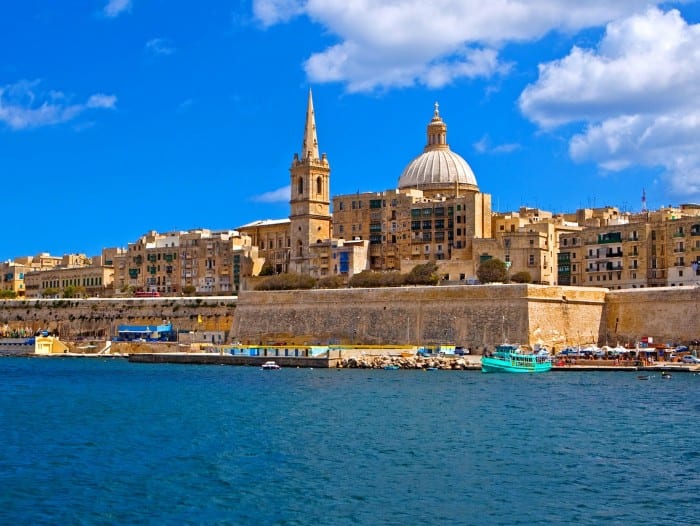
MALTA is to host the 2015 Commonwealth Heads of Government Meeting (CHOGM) at the end of the month.
This two-day biennial meeting involves government leaders from the 53 Commonwealth countries, which together boast a combined population of some 2.1 billion people, almost a third of the world population.
That’s also about 31,500,000km-squared, or 21% of the total world land area.
Founded in 1949, most, but not all, member states were at one time British colonies or territories. Two recent members – Mozambique and Rwanda – were not and their decision to join in 1995 and 2009 respectively confirms the Commonwealth’s reputation and standing as a non-aligned collection of like-minded countries, working within a framework of shared values and goals.
An important guiding principle of the Commonwealth of Nations, as it is now known, is that all members have an equal say regardless of their size or economic stature. This, it says, ‘ensures that even the smallest countries have a voice in shaping the Commonwealth’.
Compare that maxim with some of the unseemly clashes seen in the EU or other supra-national bodies and one begins to understand why heads of government are keen to embrace the Commonwealth – and why new countries are even today trying to sign up for membership.
All very interesting perhaps but readers may wonder whether this has any relevance to us locally. In my opinion the Commonwealth matters greatly to Gibraltar. We are very much part of the organisation even though we are not an independent member state. In our case, as with other matters affecting foreign affairs – and in common with the Channel Islands and Isle of Man – Gibraltar’s interests within the Commonwealth are represented by the UK.
The most populous Commonwealth country is India – indeed with almost 1.3 billion people, her population represents more than half that of the entire organisation. Add to the mix the other former imperial ‘dominions’ – Australia, Canada, New Zealand and South Africa – and one can readily see the business potential offered by the organisation. This is despite – or maybe because of – competition from the rash of regional blocs that have sprung up around the world and which seem to dominate the headlines on an ever-increasing basis. I wonder, and be honest now, how many of these acronyms can you put names to? EU, BRICS, APEC, OPEC, NATO, OAS, NAFTA, AU, SCO, CIS, SAARC, ASEAN and USAN.
While not a member of the Commonwealth, China’s influence will doubtless loom large at the meeting. At CHOGM 2013, held in Sri Lanka, some of the summit venues were funded by Chinese aid – and commercial deals valued at US$1.5bn were announced. This is important. While democracy, governance, human rights, gender equality and globalisation may top the agenda, trade and investment are also crucial ingredients.
CHOGM has, since 1997, always been preceded by the Commonwealth Business Forum (CBF) and I’ll be attending CBF 2015 along with senior colleagues from Sovereign. It promises to be an unparalleled opportunity to network with up to 1,000 delegates from all over the Commonwealth and beyond. It will also provide a chance to meet government representatives from several countries prior to CHOGM itself. This can only be positive for firms, such as mine, whose clients seek advice and assistance with their market entry requirements on a global basis.
CBF 2015 will also, without doubt, give me a further opportunity to promote Gibraltar to a global audience and I will ‘report back’ in my next column as to my impressions of the event. Eagle-eyed readers might have noticed that the forum coincides with Gibraltar’s general election, so I will be exercising my democratic right this year by post. One way or another, it promises to be a busy week for all of us.








